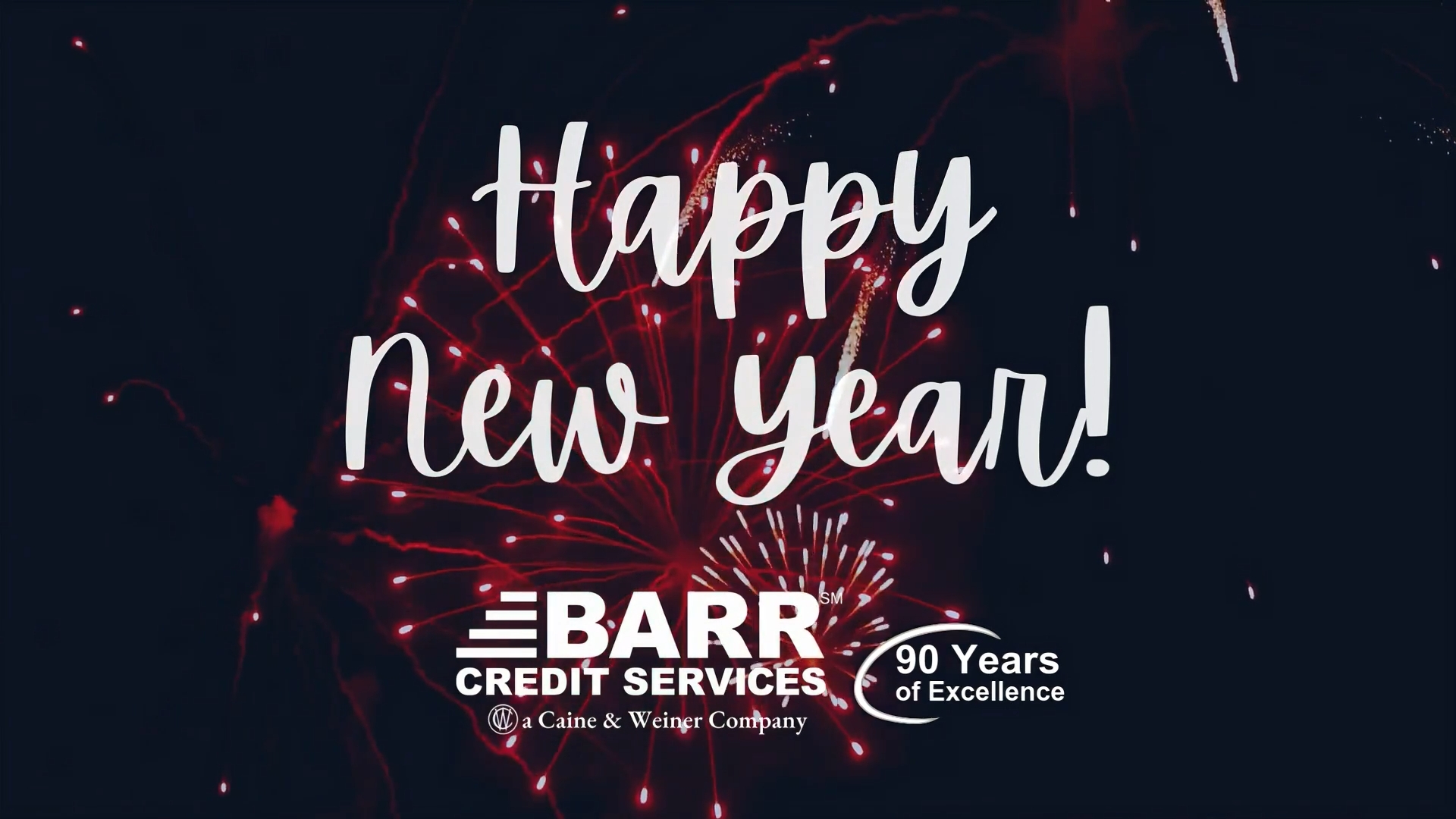How Commercial Creditors Can Weather the Bankruptcy Storm

Ways to Avert Catastrophe
When a Debtor Is Going Under
The expression “like money in the bank” is losing its resonance daily as financial institutions that were once considered reliable are collapsing.
Silicon Valley Bank’s parenting company has filed for bankruptcy, and First Republic Bank may not be far behind. These events feel seismic, but perhaps we should’ve seen them coming. According to Epiq Bankruptcy, from January 2022 to January 2023:
- Total commercial bankruptcy filings rose 12%,
- Chapter 11 filings surged 70%, and
- Subchapter V small business filings were up 49%.
What does this wave of bankruptcies mean for commercial creditors? What can you do if your customer’s business is failing? (See “My Debtor Filed for Bankruptcy – Now What?”) There are several ways to protect yourself and potentially avert a catastrophe, even when your debtor is going under.
Carefully Design Your Credit Application
Selling to unknown entities is a natural part of doing business; you don’t want to miss out on those sales. You can minimize risk by including a personal guarantee in your commercial credit application.
This critical safeguard makes a business owner personally liable for any unfulfilled financial obligations. So if the company becomes insolvent and files for bankruptcy, the owner is still responsible for the debt unless the guarantor also declares personal bankruptcy. (BARR Credit Services can provide a sample credit application with the appropriate, legally sound language for a personal guarantee.)
Ensure that the contact information collected on your credit application is current by periodically checking in with your customers to confirm this information. Maintaining accurate data enables continued communication with the debtors and keeps them from falling off the map when financial distress inhibits their ability to pay.
File a Proof of Claim
Whenever a company declares bankruptcy, the creditor can file a Proof of Claim (POC) with the bankruptcy court. A POC generally includes the following information:

Need a
Proof of Claim?
If your debtor files for bankruptcy while BARR Credit Services is working the account, we’ll gladly prepare and file the POC on your behalf at no cost. While most agencies and attorneys charge a fee for POCs, we offer this as a free value-added service.
- Debtor’s name and bankruptcy case number
- Creditor’s name and payment address
- The claim amount at the time of bankruptcy filing
- Type of debt (secured, priority, or general unsecured)
- The creditor’s basis for the claim
- The creditor may also file supporting documentation, such as the original loan agreement, to substantiate the claim.
The POC ensures that the creditor has a chance of getting paid once the debtor’s assets are distributed. Court-ordered distributions are made first to secured claimants, second to priority claimants (such as tax authorities), and third to general unsecured creditors.
File a UCC-1
Uniform Commercial Code (UCC) filings can help secure a debt before a debtor files for bankruptcy. (See “UCC Filings: What You Need to Know.”)
Creditors file a UCC-1 financing statement — also known as a UCC lien — with the Secretary of State’s office in their state of residence. The UCC-1 provides notice of the creditor’s security interest in the property and assets the debtor used as collateral in the transaction. Some lenders require that UCC liens be filed before issuing credit so that their right to collateral is formalized if the borrower defaults. Those who have filed UCC liens will be prioritized over other creditors in the process of asset distribution if a bankruptcy situation arises.
Additionally, the public nature of UCC filings gives other creditors notice about a debtor’s assets that can be used as collateral, increasing the sense of transparency and accountability associated with the transaction.
Need Help?
Has your commercial customer filed for bankruptcy? Are you overwhelmed by the legal hurdles you must clear to collect what’s owed to you? Or are you looking to set up safeguards to help your business avert disaster in such a scenario?
The collection professionals at BARR Credit Services understand all the complexities of debt collection in the event of bankruptcy. We’ll help you stay on top of the necessary filings and design a credit application that will protect you right from the start of a transaction.
Sources:
Featured Image: Adobe, License Granted
Nectarine Credit
Law Insider
AllLaw
Universal CPA Review
NASS
Bankrate
Wolters Kluwer






You must be logged in to post a comment.